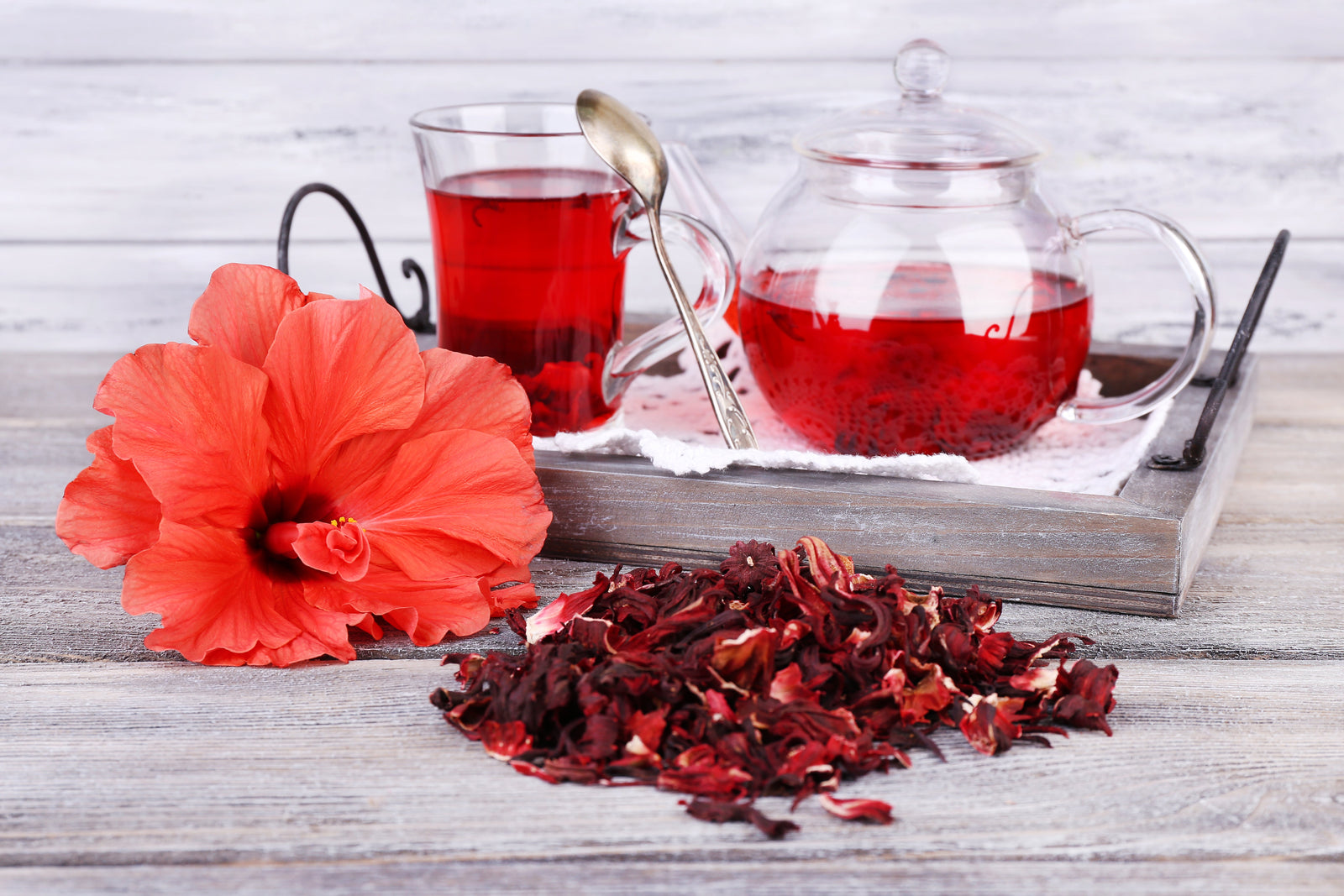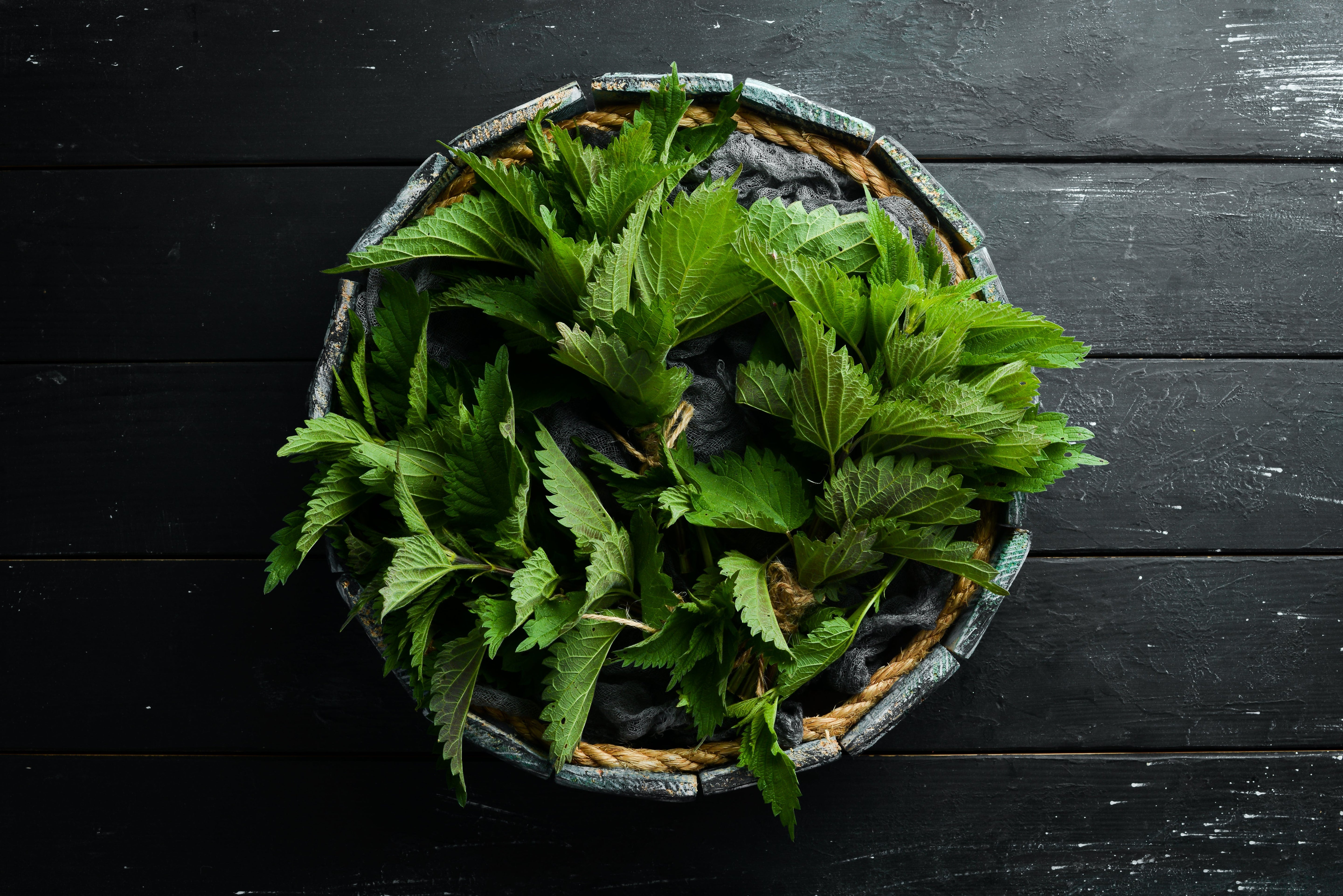Hibiscus – A Powerful Plant with Many Benefits

Hibiscus is a tropical plant known for its striking appearance and health-promoting properties. It is an annual plant that can reach impressive heights of up to 2.5 meters. Its thick, fleshy flowers are a vibrant red, lightly scented, and best known for their intense sour taste.
Nutritional Powerhouse
Hibiscus is rich in beneficial compounds such as anthocyanins, flavonoids, phytosterols, phenolic acids, and the antiseptic compound eugenol. These bioactive ingredients contribute to their wide-ranging effects on human health.
Natural Support for Weight Loss
Hibiscus is often included in weight-loss diets due to its mild laxative effect and support for healthy digestion. It helps regulate bowel movements and supports intestinal function, which can make it easier to shed excess weight. Its slimming effect is often compared to that of white tea.
Boosts Immunity
Rich in vitamin C, hibiscus strengthens the body’s natural defenses against infections. Drinking hibiscus tea regularly can reduce the risk of catching a cold and may ease symptoms such as fever and cough when you are already sick.
Promotes Heart and Vascular Health
Hibiscus is commonly used in teas formulated for people with high blood pressure or elevated cholesterol. It has a natural diuretic effect, which can help manage hypertension. Additionally, it may reduce cholesterol buildup and prevent the progression of atherosclerosis, thereby lowering the risk of heart attacks.
Liver and Digestive Support
Hibiscus is believed to have hepatoprotective (liver-protecting) properties. It stimulates bile production, aiding digestion, and supports the treatment of certain liver conditions. It also shows antibacterial and antiparasitic activity, contributing to a healthier gut.
Who Should Avoid Hibiscus Tea?
Despite its many benefits, hibiscus tea is not suitable for everyone:
Pregnant women should avoid it, as certain compounds in hibiscus may negatively affect fetal development.
Individuals undergoing hormone therapy should also be cautious. Hibiscus can influence estrogen levels, so women considering regular consumption should consult their doctor.
People with low blood pressure should avoid hibiscus tea, as it may lower blood pressure further, potentially leading to dizziness or fainting.
Hibiscus is more than just a decorative flower—it's a potent plant with numerous health benefits, from supporting weight loss and digestion to protecting the heart and boosting immunity. However, like any herbal remedy, it’s important to use it mindfully and consult with a healthcare provider if you have any health conditions or are on medication.






